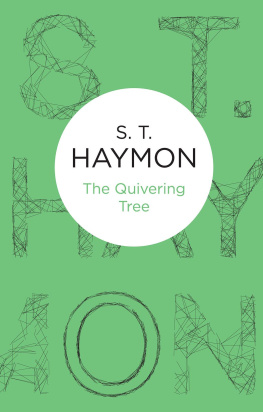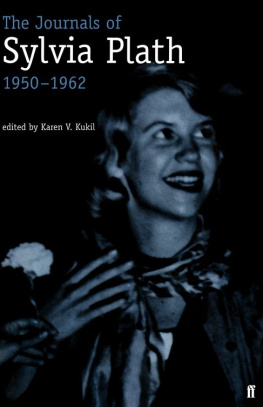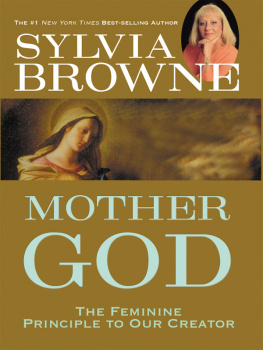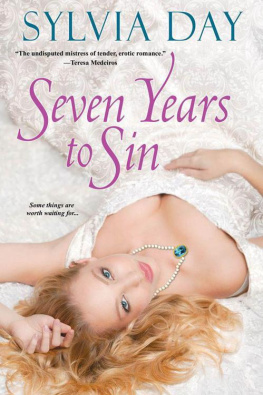Bello:
hidden talent rediscovered
Bello is a digital only imprint of Pan Macmillan, established to breathe life into previously published classic books.
At Bello we believe in the timeless power of the imagination, of good story, narrative and entertainment and we want to use digital technology to ensure that many more readers can enjoy these books into the future.
We publish in ebook and Print on Demand formats to bring these wonderful books to new audiences.
About Bello:
www.panmacmillan.com/bello
Sign up to our newsletter to hear about new releases events and competitions:
www.panmacmillan.com/bellonews
Sylvia Theresa Haymon was born in Norwich, and is best known for her eight crime fiction novels featuring the character Inspector Ben Jurnet. Haymon also wrote two non-fiction books for children, as well as two memoirs of her childhood in East Anglia.
The Ben Jurnet series enjoyed success in both the UK and the US during Haymons lifetime: Ritual Murder (1982) won the prestigious CWA Silver Dagger Award from the Crime Writers Association. Stately Homicide (1984), a skilful variation on the country house mystery, was praised by the New York Times as a brilliantly crafted novel of detection stylish serious fiction, and favourably compared to the work of Dorothy L. Sayers.
Dont ring, my brother Alfred admonished me. Wait till Ive brought in the rest of the stuff.
He went back down the narrow path to the gate and out to the car. The house was built a long way back from the road, and the sound of the traffic, already distant and dreamlike, was further masked by a rustling noise which came from a large untidy tree at the side of the porch. There was no wind, and it was hard to decide what the leaves were making such a fuss about.
Alfred need not have worried about my ringing the doorbell betimes. Now that I had actually arrived at Chandos House I was in no hurry to gain entrance. On the contrary. The longer it was put off the better. I propped my school attach case, my shoe-bag, my music case and my bundled-up tennis racquet, hockey stick and lacrosse stick against the suitcase Alfred had already deposited on the front step and moved back on to the path, to get a better look at the exterior. I didnt take a very good look in case somebody looking out of a window saw me and came to the door whilst I was unsupported by Alfreds presence.
The house was Edwardian, of less importance than, unseen, its name might have suggested, but not without a certain consequence: solid, the nearest dwellings on either side an affluent distance away. Unfortunately, my dead father had taught me, young as I was, to be an architectural snob and before darting back into the protective shadow of the porch, itself a foolish irrelevance of pseudo-Tudor held up by outsize skittles painted a turgid green, I curled up my lip at the narrow bays, the bricks no number of centuries would ever mellow, the general mean-spiritedness of the place that, incredibly, for the next two years, was to be my home. Though tears came into my eyes at the prospect, another part of me was not displeased.
How unreal my possessions looked, parked on that alien doorstep! My music case had the St Giles address tooled into the leather. My mother and I had watched it being done with red-hot dies, an advertisement of my place in the world, never to be removed. Last you a lifetime, the man who did it had promised, and my mother and I had nodded approvingly, for who could ever imagine living anywhere else? But now St Giles? Where was that? It might as well have been on the moon. The tennis racquet, the hockey stick and the lacrosse stick had the air of ritual objects belonging to an alien cult into which I had yet to prove myself worthy of initiation. The suitcase wasnt mine, not mine particularly, that is. It was a family object, like most of the things that, up to that moment, had surrounded me, cushioning and confirming my existence. But where was the family now, apart from my father, trapped in the cemetery and deprived for ever of his armchair, his newspapers, Caruso records and all the other things that made life worth living?
Alfred came crunching up the path with my box of books, and plunked it down next to the suitcase. He wasnt looking too happy himself, but whether it was sadness at our imminent parting or because the coarse pebbles of which the path was made were scratching his beautiful brogues I couldnt tell, and he went back to unstrap my bike from the running-board of the Morris Oxford before I had time to ask. The thought of the Morris Oxford made the tears well up in earnest. After all, it wasnt as if I were parting from my brother for good. I would be seeing him from time to time, even though our relationship would be completely changed (but then, everything was changed, wasnt it not only that), but the car, never again. Alfred had announced that he was going to turn it in for a sports model, an Alvis or a Riley or an MG, something that went better with his plus-fours and his ukelele and the girls with red lips, long cigarette-holders and bobbed hair streaming in the wind he often took along as passengers. The fact that his fiance, Phyllis, didnt smoke and that whenever she came out in the Morris Oxford with us Alfred had to pull up every few miles so that she could get out to be sick, made me privately wonder whether I would ever be called upon to be bridesmaid at that particular wedding.
I waited on the porch, tremulously reflecting that by rights there ought to be a place where motor-cars which had served their masters well could be turned out to grass like old horses, instead of being sold down the river like so many Uncle Toms. How could the new owners, whoever they might be, be expected to learn our Morris Oxfords little ways and tolerate them, as we had, as endearing expressions of personality? How, for example, appreciate that, though the set of celluloid windscreens looked identical, in fact only a particular one fitted a particular door, and you could go blue in the face to no purpose trying to fit the ratchets of one into holes where it did not choose to go? We had always been meaning to mark the windscreens in some unmistakable way, but somehow had never got round to it, and now, as with everything else, it was too late. Anyway, with time it hadnt proved necessary, because we had come, little by little, to recognize certain intimate marks of identity, such as the stain on the one that belonged on the front passenger side where Phyllis had been sick on the black belting that surrounded the celluloid before Alfred had come to a place where it was safe to stop.
If only I were older, I thought, I could have kept the Morris Oxford myself and gone driving all over Norfolk in it, the way we had before my father died. Only, children couldnt get driving licences and though, to my way of thinking, at twelve I wasnt a child any longer (particularly as the experience of losing a parent was a very ageing thing) I wasnt a grown-up either. I wasnt anything. This doleful reflection cheered me up wonderfully, and when Alfred came back with the bicycle I was able to greet him with an encouraging smile.
You can always use that Cherry Blossom polish with the dye in it. I bet itll cover up the scratches so youd never even know they were there.
What? Alfred stared. He propped the bicycle against the privet hedge that, on one side, edged the path from the house to the road. Well have to ask where this goes. He came back to the porch and put an arm round my shoulder. Know what? he said. Im going to miss my little sister.














